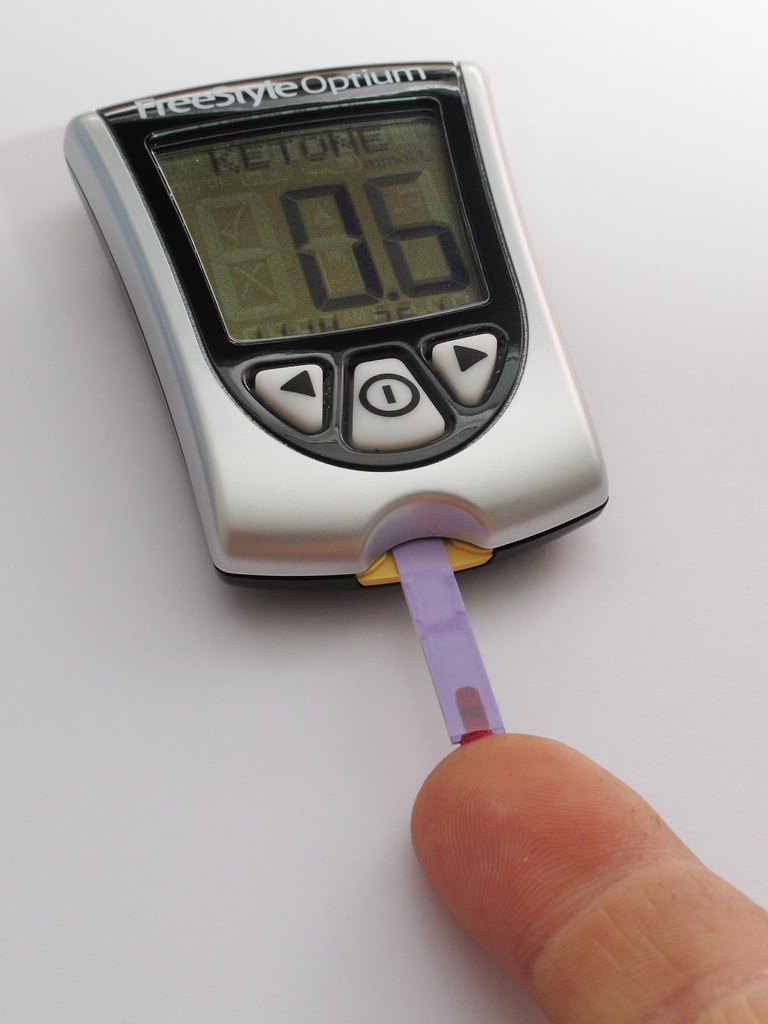Ketone Diet FAQ
What is a ketone diet?
A ketone diet, also known as a ketogenic diet, is a low-carb, high-fat diet that aims to induce a metabolic state called ketosis. In ketosis, your body primarily uses ketones instead of glucose for energy, which can help with weight loss and various health benefits.
What foods can you eat on a ketone diet?
On a ketone diet, you can eat foods that are low in carbohydrates and high in healthy fats, such as meats, fish, eggs, avocados, nuts, seeds, and oils. It’s important to restrict or eliminate foods that are high in sugar and starch, such as bread, pasta, and sugary treats.
How does a ketone diet work for weight loss?
A ketone diet works for weight loss by forcing your body into a state of ketosis. In ketosis, your body becomes more efficient at burning fat for energy instead of relying on carbohydrates. This can lead to weight loss because your body taps into its fat stores for fuel.
Are there any health benefits of a ketone diet?
Yes, there are potential health benefits of a ketone diet. It may help in reducing inflammation, improving mental clarity and focus, balancing blood sugar levels, and even reducing the risk of certain diseases like epilepsy, diabetes, and metabolic syndrome.
Is a ketone diet safe for everyone?
While a ketone diet can be safe for most people, it may not be suitable for everyone. It’s important to consult with a healthcare professional before starting a ketone diet, especially if you have certain medical conditions like diabetes, liver disease, or are pregnant or breastfeeding.
Are there any potential side effects of a ketone diet?
Some people may experience side effects when starting a ketone diet, commonly referred to as the “keto flu.” These side effects may include headaches, fatigue, nausea, and constipation. However, they are often temporary and can be mitigated by ensuring proper hydration and electrolyte balance.
